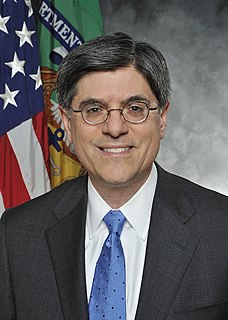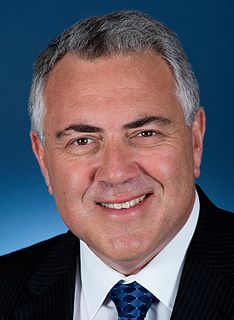A Quote by Gita Gopinath
Where fiscal space is low, fiscal policy needs to adjust in a growth-friendly manner to ensure public debt is on a sustainable path, while protecting the most vulnerable.
Quote Topics
Related Quotes
I don't understand how the Republican party is the party with the reputation for fiscal conservatism and fiscal sanity, when they're the ones who run up the debt. It was Reagan who ran up the debt and now Bush is doing it again, and in between, Clinton and Bush's father, I must say, worked so hard to get that deficit and that debt down.
































